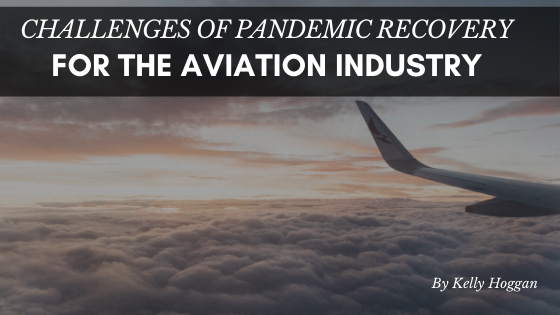The ongoing coronavirus pandemic has wreaked havoc on the fiscal health of the biggest airlines throughout the US and the world as international travel has plummeted. Nearly every nation across the globe has shut its border to foreign visitors, effectively eliminating the tourism industry overnight. A huge portion of airlines’ business is dependent on tourists and business travelers – two demographics that are currently not traveling.
The industry has asked for nearly $50 billion in aid from the government to keep from collapsing. However, even if the affected companies receive the temporary relief they are seeking, how can they sustain their business moving forward? The same factors that crushed their bottom line will exist in the near to medium future.
Inaccurate Comparisons to 9/11
Many observers have made the same general point: the airlines suffered financially in the wake of the 9/11 terrorist attacks in New York due to travelers’ distrust of the sector’s security policy and their ability to stop hijackings. They compare the situation 19 years ago to the current one, arguing that the industry is in a good position to recover.
However, the two situations are vastly different in terms of scale. Most estimates indicate that 9/11, after all was said and done, wound up costing the airlines about $23 billion. Estimates of the damage that the coronavirus has done to the industry, on the other hand, often exceed $100 billion.
Airlines’ Financial Health is Volatile
Unlike other industries like healthcare, airlines are among the most susceptible businesses to international catastrophes because people can simply choose not to fly.
Historically Low Oil Prices Could Benefit the Airline Industry?
The precipitous drop in oil prices has snagged headlines around the globe, leading many to speculate whether the massive drop-off in the cost of oil could be a boon for the airline industry.
Boeing jets and similar airborne vehicles consume massive amounts of oil. In fact, fuel costs constitute one of the biggest costs for airlines. Typically, they benefit from declining oil prices.
In fact, the historically low prices are a detriment to the airlines because they usually purchase their fuel in the form of “futures” – guarantees to buy the oil from sellers at a fixed price.
Now, those commitments are coming to fruition, forcing the already cash-strapped companies to pay higher prices because of their future deals.
It is undeniable that the aviation industry is struggling, and as long as the pandemic continues, its financial difficulties will also persist. While the future of the aviation industry is uncertain, the truth is that it has bounced back before. Once travel bans are lifted and the pandemic is under better control, time will tell how well the aviation industry, namely individual airlines, will recover.


